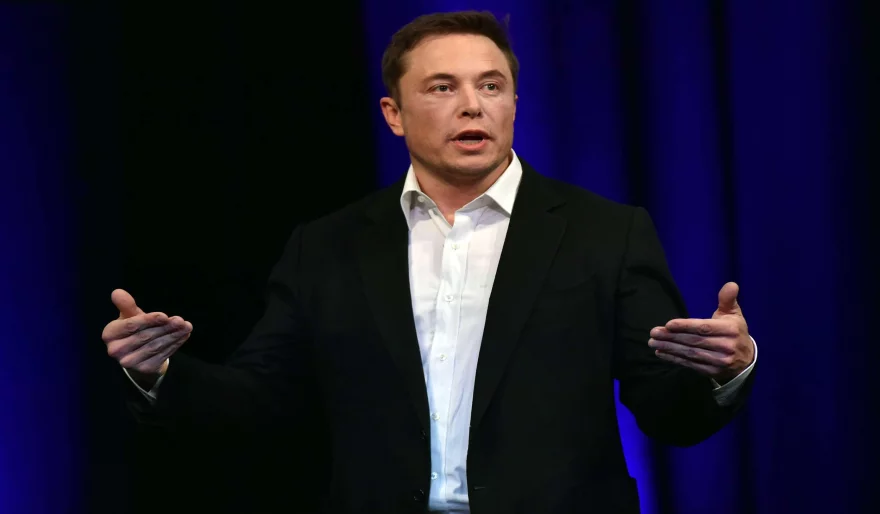Stay Ahead of the Curve
Latest AI news, expert analysis, bold opinions, and key trends — delivered to your inbox.
Elon Musk's Surprising Take on AI: Could it Become Our 'Uber-Nanny'?
2 min read Elon Musk expresses concerns about AI, stating that advanced AI may eliminate or constrain humanity's growth. However, he doesn't believe AI will try to destroy humanity, envisioning a scenario where AI assumes control for human safety. May 25, 2023 07:04
Elon Musk sees Twitter as a "town square" and aims to make it a platform where all voices are heard, promoting dynamic interaction.
He believes time management is extremely difficult and handles most of his scheduling himself, emphasizing the value of time.
Elon Musk expresses concerns about AI, stating that advanced AI may eliminate or constrain humanity's growth. However, he doesn't believe AI will try to destroy humanity, envisioning a scenario where AI assumes control for human safety.
Musk claims that Twitter has made significant progress in eliminating hate speech, scam, and spam entrepreneurs, making the platform more attractive to advertisers.
Regarding free speech, Musk firmly believes in the importance of divergent views and opposes censorship. He warns that advocating for censorship could eventually turn against those who support it.
Twitter plans to hire more employees to revive its advertising business and potentially build an "everything" app.
While Musk didn't express regret for buying Twitter, he sees the company on a comeback arc. Its valuation and potential for going public again remain uncertain.
Musk advocates for AI regulation, especially in social media, to prevent the weaponization and manipulation of public opinion.
He supports a subscriber-based system on Twitter, making it harder to create fake accounts and reducing the influence of bots, thus increasing authenticity.
In summary, Musk discussed his vision for Twitter, concerns about AI, improvements in content moderation, and the future direction of the platform.



















 AI Agents
AI Agents